Sep 06
Black Health and Community Activism
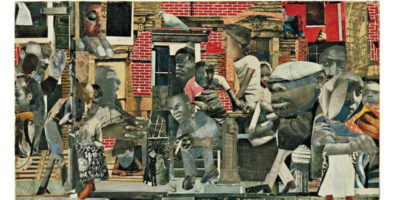
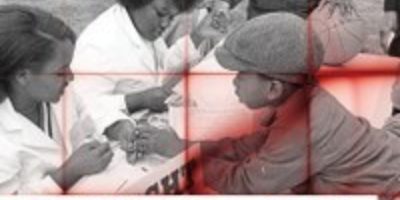
Description
Medical Apartheid and racial exclusion from equal health care and affordable insurance has been a persistent and deadly crisis for Black America. Now, Trump’s White House and a reactionary Congress want to eliminate Obamacare. What can be done? Dr. Julius Garvey, Gabriel Mendes, and Alondra Nelson will explain what Black and Latino communities have done to advance health against the tide of racism in the past, including community organizing efforts like Harlem’s Lafargue Clinic and the Black Panther Party health care initiatives.
Speakers
-
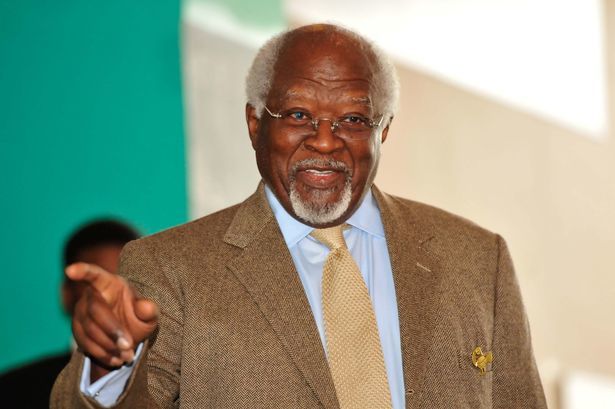
Dr. Julius Garvey
Queens Hospital Center
Thoracic surgeon and medical professor Dr. Julius W. Garvey was born in Kingston, Jamaica to United Negro Improvement Association founder Marcus Garvey, and activist Amy Jacques Garvey. He earned his B.S. from McGill University in Montréal, Quebec in 1957, and his M.D., C.M. from McGill University Faculty of Medicine in 1961.
In 1962, Garvey began his first residency in surgery at The Mount Sinai Hospital of New York, completing the residency in 1965. Garvey completed a subsequent residency in surgery at the Harlem Hospital Center in 1968, and in thoracic & cardiovascular surgery at the University of Maryland Hospital in Baltimore, Maryland in 1970. Upon completing his residencies, Garvey became an instructor in surgery at the Columbia University College of Physicians and Surgeons in 1971. The following year, he joined the Albert Einstein College of Medicine as an instructor in surgery, quickly gaining an assistant professor of surgery position. In 1974, Garvey was named attending-in-charge of thoracic surgery at Queens Hospital Center. Garvey was chief of thoracic and vascular surgery at Queens Hospital Center from 1993 to 2006, and chief of vascular and thoracic surgery at Wyckoff Heights Medical Center from 2000 to 2004.
-
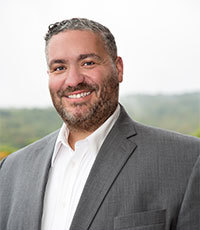
Gabriel Mendes
Bard Prison Initiative
Gabriel N. Mendes is Associate Director of Public Health Programs at the Bard Prison Initiative. He has held academic positions at Emmanuel College, UC San Diego, and, most recently, Vanderbilt University, where he was Senior Lecturer at the Center for Medicine, Health, and Society. He was also Associate Director of the Higher Education Opportunity Program at Bard College and Director of the Men2B Program at the Rhode Island Department of Corrections. Mendes is the author of Under the Strain of Color: Harlem’s Lafargue Clinic and the Promise of an Antiracist Psychiatry, and he is currently writing his second book Through a Glass Darkly: Race and Madness in Modern America.
Mendes holds a Ph.D. in American Civilization from Brown University, an M.T.S. from Harvard Divinity School, and a B.A. from Hobart College.
-
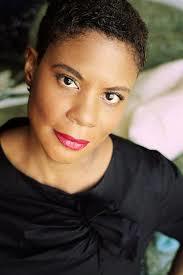
Alondra Nelson
Columbia University
Alondra Nelson is President of the Social Science Research Council. She is also professor of sociology at Columbia University. Professor Nelson is an interdisciplinary social scientist whose research focuses on how science and its applications may shape the social world, including aspects of personal identification, racial formation, and collective action. In turn, she also explores the ways in which social groups reject, challenge, engage and, in some instances, adopt and mobilize conceptualizations of race, ethnicity, and gender derived from scientific and technical domains.
Nelson is author most recently of The Social Life of DNA: Race, Reparations, and Reconciliation after the Genome. Her book, Body and Soul: The Black Panther Party and the Fight Against Medical Discrimination, was recognized with four scholarly awards. A finalist for the C. Wright Mills Award, Body and Soul is the first book-length exploration of the radical organization’s health-focused activities.
Raised in Southern California, Nelson is a Phi Beta Kappa graduate of the University of California at San Diego. She earned her PhD from New York University in 2003.